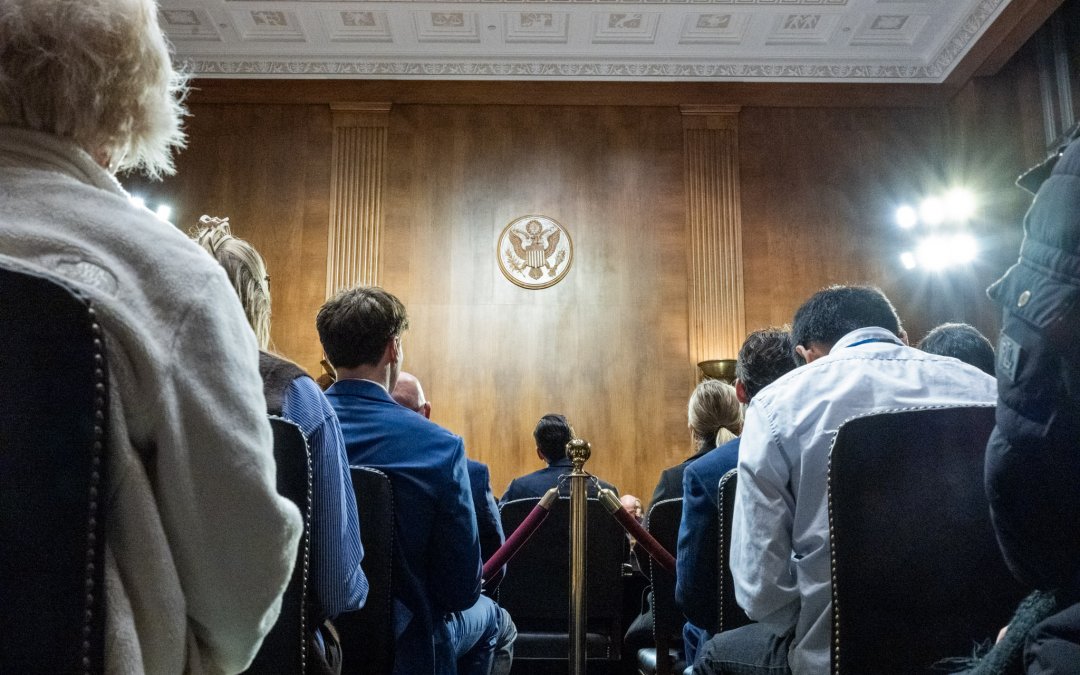WASHINGTON – U.S. Senators on both sides of the aisle addressed the increasing political polarization in the country and their own roles in driving it during a hearing on politically violent attacks on Tuesday.
“I find hearings like this frustrating,” said Sen. Cory Booker (D-N.J.). “They deepen to me what is a problem in our country, which is a growing tribalism and our inability to come together and work on issues where we have so much common ground.”
Sen. Booker and other members of the Subcommittee on the Constitution agreed that the divide between Republican and Democratic lawmakers plays a role in the increasing tensions between those of different political ideologies.
Some lawmakers suggested that the way they talk about and treat their colleagues across the aisle could influence how the American public thinks about politics, with Sen. John Cornyn (R-Texas) saying that leaders elected to Congress should take care not to “say or do things that suggest that political violence is acceptable.”
“The stakes are really too high for the American people, and the health of our democracy, to use this hearing as an opportunity to demonize one side or the other,” said Subcommittee Ranking Member Sen. Peter Welch (D-Vt.).
Political Violence is on the Rise (Philip Lam/MNS)
Several lawmakers at the hearing pushed for their colleagues to put aside their differences and work together on this country’s “political violence problem.”
“I think that’s an important lesson for us to take,” said Sen. Dick Durbin (D-Ill.). “The Republican members of this committee believe they’re right, the Democrats believe they’re right, the American people want to see less violence. I hope we all want to see less violence.”
In fact, according to a newly published Pew Research Center survey, 85% of Americans say they believe politically motivated violence in the U.S. is increasing. Over half of Americans say they see both left-wing and right-wing extremism as a major problem.
Even so, Republican and Democratic lawmakers still took the opportunity to blame each other for instigating and inciting violence – a move which drew pushback.
“We are in a crisis right now,” Booker said. “There is growing political violence and a growing justification for it, but I find it stunning that the way we talk about it seems more about grievance politics and trying to score points than actually getting to the root of what is an American problem.”
Ultimately, some senators agreed that the debate over which side is responsible for the rise in political violence was unproductive.
“The only thing that’s going to save our country now is not more political posturing and partisan finger pointing,” Booker said. “The only thing that’s going to get us out of this condition is for courageous leaders in both parties to start standing up and extending grace and self-introspection.”
Some members of the committee urged their colleagues to prove their sincerity about working together on a bipartisan agreement by reviving their effort to fight political violence. Throughout the hearing, lawmakers continuously emphasized the importance of taking urgent action against political violence.
“We are faced with only two paths,” said Subcommittee Chair Sen. Eric Schmitt (R-Mo.). “Either we confront this political violence and end it, or it will end us.”

